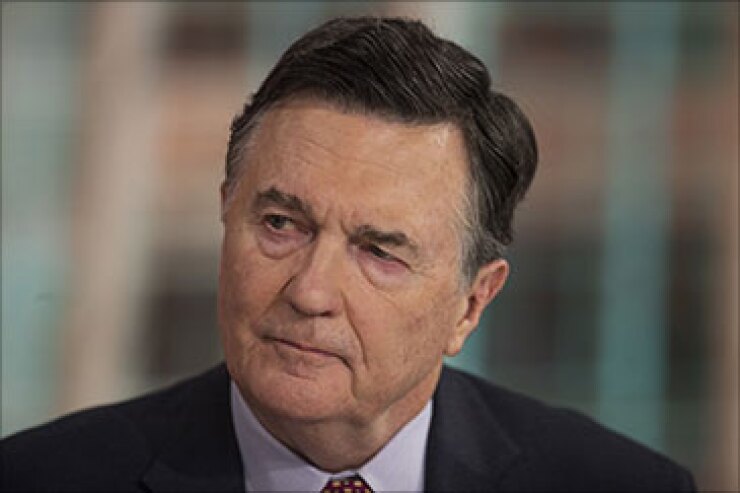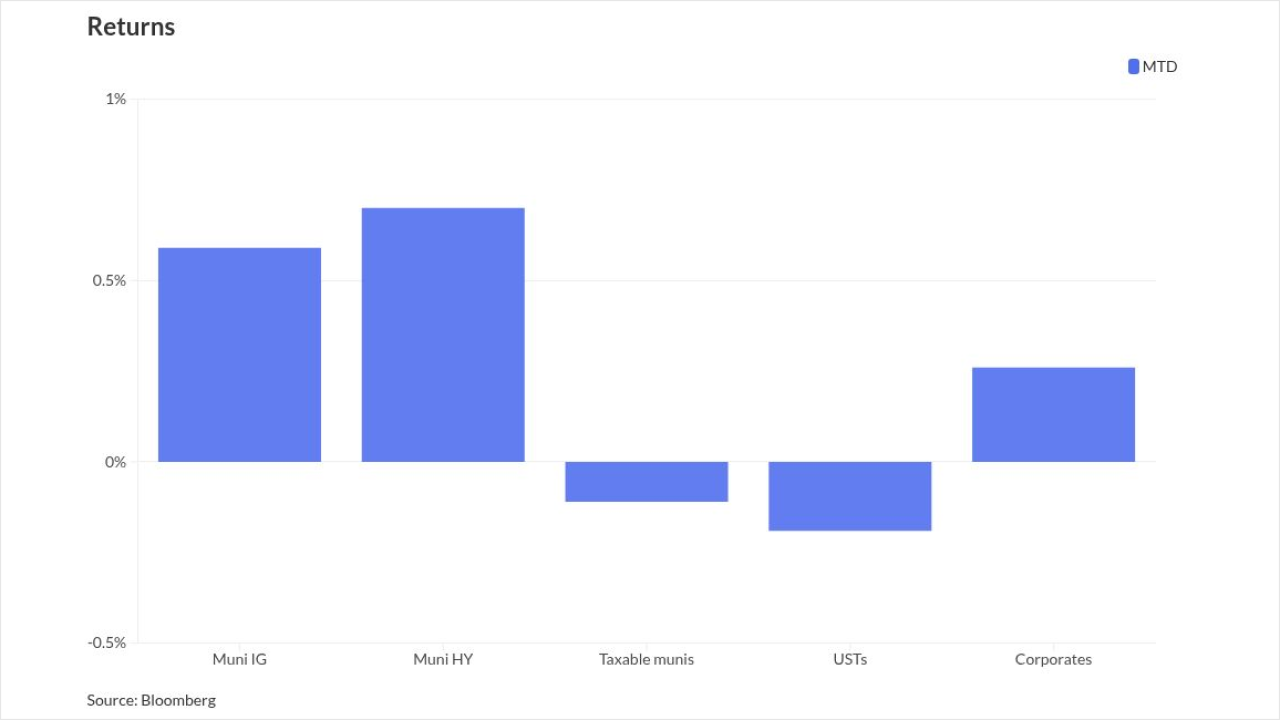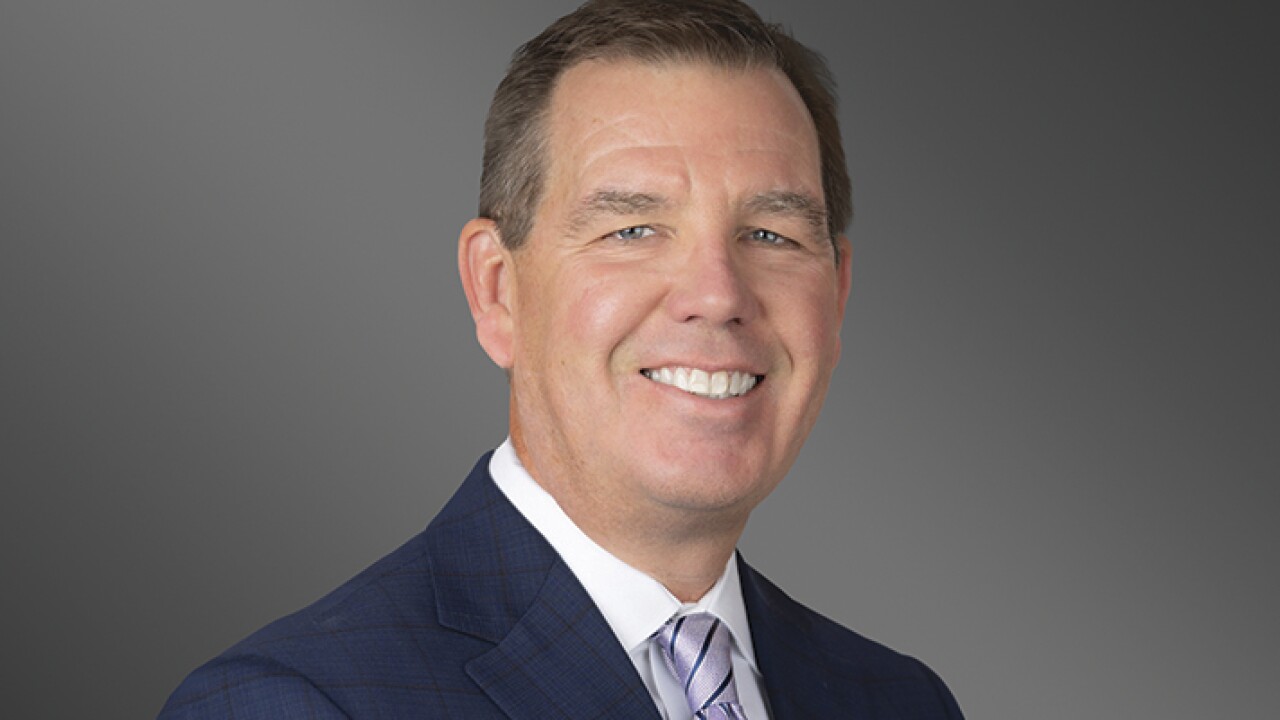
WASHINGTON – The Federal Reserve Bank of Atlanta's ongoing search for a president has taken on a new urgency for those pushing for a person of color to be nominated for the job amid fears that President-elect Donald Trump's selections for the Fed board will not have minorities' interests at heart.
The Fed Up campaign – whose goal is to reverse what it sees as the central bank's unfair lack of consideration of the disproportionately high rates of unemployment among minorities – says its effort has become even more important considering Trump's other pending appointments. The president-elect will have to fill at least two vacancies on the Fed's Board of Governors, whose members sit on the monetary policy-setting Federal Open Market Committee.
"With Trump and the Republican Senate potentially filling two vacancies on the Board of Governors … we'll need the regional reserve banks to be aware of those dynamics," said Jordan Haedtler, deputy campaign manager for Fed Up. "The economic challenges that we face as a country – and that the black communities in that Federal Reserve district feel especially significantly – are going to remain a problem. Quite frankly I expect that they will be felt even more acutely in a Trump administration."
Several Democrats in Congress have similarly called on the Atlanta Fed to elevate a person of color to succeed Dennis Lockhart, who announced in September that he was stepping down. Rep. David Scott, D-Ga., said there are many qualified African-Americans in business, banking and academia who could serve as head of the bank. Such a selection, he said, would send a powerful, positive message to the black community that it still has a voice in public decision-making.
"This is an opportunity … to pull this nation together and there's nobody out there feeling as hurt and disappointed as the African-American community," Scott said in an interview. "I truly believe that this would be such a healing moment."
Regional Fed presidents are important for at least two reasons. First, they are in charge of supervision of all Fed member banks and bank holding companies in their districts. Secondly, they sometimes serve on the FOMC, which is made up of 12 members, the seven members of the Board of Governors and a rotating cast of five regional Fed Bank presidents.
Ernest Patrikis, a former New York Fed official and partner with White & Case, said that typically the members of the board can outvote the regional bank presidents and as such have marginally more power. But the board has traditionally operated in a more collaborative atmosphere, not a top-down hierarchy, he said. That ironically makes the regional Fed presidents more important, since most dissenting votes come from within their ranks.
"It's good to see a dissent or two, and that will generally be a Reserve Bank president," Patrikis said.
Diversity at the leadership level of the Federal Reserve System is a clear problem. Fed Chair Janet Yellen told a gathering at the Kansas City Fed in September that she was "committed to improving diversity throughout our organization, including at the upper ranks." The Fed also established the Office of Minority and Women Inclusion as part of the Dodd-Frank Act to examine and encourage the development of a more diverse workforce.
But the system has a long way to go. Of the twelve reserve bank presidents, all but one are white, and to date there have only been three African-American members of the Board of Governors. Most of the minorities working in the Fed system are employed in either middle management or service and support roles rather than senior management, according to agency reports.
The Atlanta Fed has said little about its search, citing the confidentiality of the process. But it did hire executive search firm Spencer Stuart as a consultant – a common, but not required, step. The search committee, pursuant to a lesser-known provision in the Dodd-Frank Act, consists of nonbank board members only.
The search process also adopted some other innovations first used by the Minneapolis Fed when it sought a president to replace outgoing president Narayana Kocherlakota last year – namely opening up the nomination process to accept suggestions from the general public. Tom Fanning – chief executive of Southern Company and head of the search committee – said in October that in addition to accepting public suggestions, the bank was coordinating its search with the Fed board.
"As we look through the candidate list, we're sort of coordinating with the Fed Board to make sure that the candidate list is good, but this is the first time we have asked, in a very transparent way, for anyone to submit a candidate," Fanning said. "I think it's notable, and it's a good thing."
Fanning said the bank hopes to have its search process complete before Lockhart steps down, but the bank is prepared for the search to goes on longer.
Lockhart's resignation was compelled by the byzantine rules governing the tenures of regional Fed Bank presidents. Fed bank presidents must retire at age 65, except in cases where they were made president after the age of 55. In that case, they may serve either until age 75 or for 10 years, whichever comes first. Lockhart was installed as Atlanta Fed president in 2007 at age 59, and his 10-year term expires at the end of February.
Regional bank presidents are submitted to the Fed Board for approval, but in practice the board tends to accept the nominees that the banks recommend. The board has not rejected a bank's nominee in recent memory. The banks and the board also tend to collaborate throughout the search process so there are no surprises when a bank's pick comes before the board. But that doesn't mean the board acts as a rubber stamp – in 2009 Fed Gov. Daniel Tarullo voted against the nomination of Narayana Kocherlakota to be president of the Minneapolis Fed.
Those kinds of traditions govern much of the way the Fed operates, but it remains to be seen how those traditions interact with a Trump administration that promises to be anything but traditional. Also unclear is how deep of a footprint the Trump administration will have on the Fed board, who his picks will be and how quickly they will be appointed.
Trump enters office with two vacancies left unfilled by the Obama administration – owing to a Senate blockade of his nominees because of the administration's unwillingness to appoint a Fed vice chairman for supervision, instead allowing that role to be informally filled by Tarullo. He is widely expected to depart the board at some point after a new vice chairman for supervision takes over, though his term on the board does not expire until 2022.
Lou Crandall, chief economist at the research firm Wrightson ICAP, noted that Trump will have the chance to appoint a new head of the Fed board in 2018, when Yellen's term expires. Though Yellen can stay on as a board member until a separate term expires in 2024, there is no modern precedent for that. Lael Brainard – another Fed board governor and a noted supporter of Democratic presidential candidate Hillary Clinton – might also choose to depart.
"Over the next year, the Trump administration could have to find as many as five Fed board candidates," Crandall said.
What that means in terms of monetary policy is unclear – Trump has both praised and criticized the Fed for its handling of interest rates, though Republicans in Congress have largely favored a less accommodative policy. But Haedtler said there is reason to expect that accommodative policies – which Fed Up favors as critical to increase employment in minority communities – will be out of fashion in a Trump administration. That makes it all the more important to have an ally at the Atlanta Fed, he says.
"There's a lot of uncertainty. Unfortunately, the only people we have to trust to hold him accountable are the institutions that haven't always acted in a way we liked in the past – and I put the Fed in that category," Haedtler said. "We'll need the regional reserve banks to be aware of those dynamics, and so I hope whoever is selected in Atlanta comes in with that difficult task in mind."





